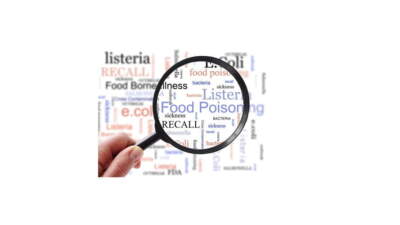FDA should take steps to challenge bogus immunity claims
The US nonprofit nutrition watchdog urged the Food and Drug Administration (FDA) to crack down on that and other deceptive ?structure/function? claims increasingly appearing on food labels. – US Center for Science in the Public Interest (CSPI) urges FDA to crack down on food frauds saying that Kraft, General Mills, Dole, & others ripping off consumers with bogus immunity claims.

